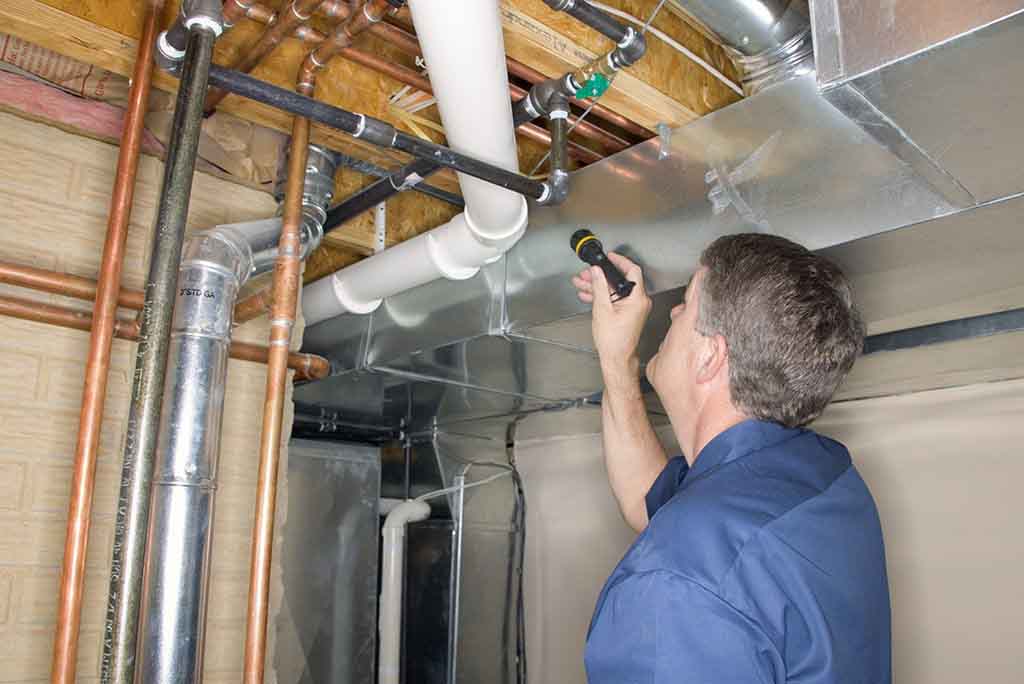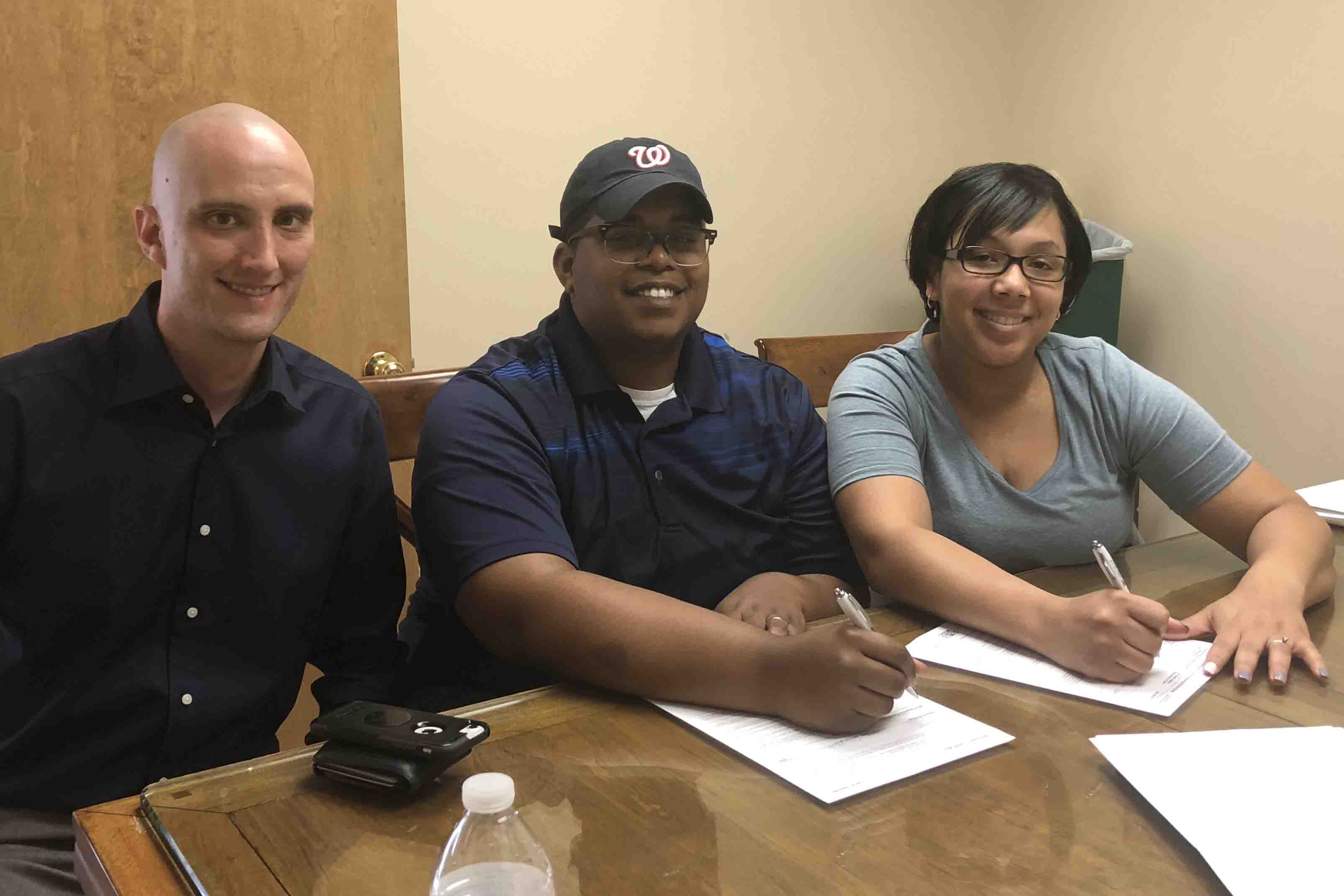Here's Your Guide to Homebuying

Step 1: Speak to a Lender
If you’re not a Cash Buyer, you need to get Pre-Qualified with a lender, at minimum. This is a simple process, and most lenders have the application available online. See below – Pre-Qualification vs Pre-Approval
Among other things, your lender is going to look at your:
- Credit Report.
- 2-year employment history.
- 2-year residence history.
- Your income and ability to repay the loan.
A loan officer will review your Credit and Financial Information and help you determine what loan program is best for you (Conventional, FHA, USDA, VA, etc.).
Pre-Qualification vs Pre-Approval:
Pre-Qualification – Costs you nothing but a little time. It is based only on the information you provide to the lender, and can usually be done online or even over the phone. Pre-Qualification carries less weight than a pre-approval, but meets the general minimum of financial qualification to satisfy most sellers. It essentially gives you an idea of the loan amount you may be approved for.
Always be as accurate and forthcoming as possible on the pre-qualification application. DO NOT go out and borrow money for a big purchase (such as a new vehicle) or rack up credit card debt, following pre-qualification, because it will undoubtedly affect the amount you can borrow for a home.
Pre-Approval – Follows pre-qualification and is much more involved. Pre-Approval happens after you complete an official mortgage application. Your lender will perform an extensive check after receiving all of the necessary documentation from you. Your lender will then pre-approve you for a mortgage up to a specific amount. They can also give you a good idea of your interest rate on the loan. Some lenders may charge an application fee for pre-approval.
Cash Buyers: If you are a Cash Buyer, you should have all of the money for purchase in a checking account, so your banker can simply write a letter, to whom it may concern, that the funds are available. That serves as Proof of Funds and a document that we will send along with an offer.
Buying costs: Be aware that when you buy a house, you will likely have to pay for the appraisal, home inspection, closing fees, recording fees, and more. Do not be discouraged by the expenses. It is part the process that you must be aware of; but homebuying is also a great and exciting experience. My job is to see you through and make the transaction as smooth as possible.

Step 2: Start Shopping for Your Property
It is now time to compile a list of prospective properties, based on your wants and needs. Then we can go out and look at them.
Know the Market Value: This is crucial and it’s why you hired a real estate agent. The saying “you make money when you buy, not when you sell” applies here.
I will complete a full market analysis to include reviewing comparable properties, and rely on my own experience as an investor to place a value on the property we’re looking at. From there, we can determine what an appropriate offer amount might be.
Zestimates: Though I do advertise with Zillow, I can tell you that Zillow estimates are not reliable. They can be over 20% off. Zillow has no idea what any property is worth, nor does any computer algorithm.
Accurate valuing requires more than just looking at past sales and current listings. It requires knowledge of the actual condition of the home and the market trend of that location. Realtors do this kind of on the ground valuing daily, and that places them in the best position to help you find the true market value.
Step 3: The Offer
Once we find the property you want, I will write up an offer. The offer will include the offer amount and terms of the purchase (contingencies, personal property included, closing date, and more). If the written offer is accepted and signed by the seller, we are on our way to closing!
Earnest Deposit: This money protects the seller if you were to back out of the contract without good reason. The buyer will write a check for the contracted amount and give it to their agent or broker to be deposited into an escrow account. This money has to be deposited within 5 days of ratification (the contract being signed by all parties).

Step 4: Inspections
Buyers usually want the purchase of a home subject to a Home Inspection. Having a home inspection protects the buyer by having a professional take a look at the property. Depending on the size and complexity of the property, the inspection cost can range from about $350 to over $1000, and is a buyer expense.
You can expect the home inspector to write up A LOT of items found, the majority of which will likely be insignificant wear items such as a missing cabinet hinge or a loose outlet cover. They see everything that’s not hidden inside a wall; and may rank items from most important to little stuff. We normally have 10 business days (following ratification) to have the home inspection completed, and another 3 days, following receipt of the home inspection report, to request any repairs.
Repairs: Focus on the big items here (such as wiring/plumbing issues, leaking roof, etc.). It is common for the buyer to ask the seller to make a few repairs or get credited for items found in the home inspection. That doesn’t mean the seller must make the repairs. They will have the right to terminate the contract if they don’t want to fix anything. The negotiation really never ends until closing day.
It is important to remember that, in most cases, you are not purchasing a perfect house and should not expect the seller to fix every defect. Also, consider if you actually want the seller (who has an incentive to get the job done as quickly and cheaply as possible) to make the repairs. You may be better off renegotiating the price instead; or, in a very competitive market, you may even be better off letting it go and making the repairs yourself to avoid losing the contract.
The other common inspections include a Water Analysis, Septic System Inspection, and Wood-destroying Inspect Inspection. These are commonly, but not always, paid by the seller.
Step 5: The Appraisal
Because the bank is loaning you a huge amount of money, they will obviously want to know that the property is worth at least what the borrower has agreed to pay. They do this by hiring an appraiser, normally at the borrower’s expense. Appraisals usually cost about the same as a home inspection ($400-500), but can be double that for properties that have the appraiser pulling his/her hair out trying to figure the value.
Some properties can be especially difficult to appraise for a variety of reasons. If the appraiser determines that the home is worth at least what you have agreed to pay for it, then no problem. However, sometimes the appraisal comes in low, which often means the borrower will need to pay more cash out of pocket, or the seller will need to come down on price, or the contract can be terminated. A low appraisal can also be challenged if significant discrepancies are found, but is no guarantee that corrections will be made to increase the appraised value or that the lender will accept it.
Possibly More Repairs: We normally try to get any repairs related to the home inspection done before the appraiser visits the home, but that doesn’t mean additional items won’t be found during the appraisal. The appraiser may find certain items that need to be addressed to satisfy the mortgage terms. FHA appraisers, in particular, will often find issues (such as peeling paint or missing stair railing) that need to be addressed. These repairs are often made by the seller, but not always. Remember, the negotiation does not end until we are closed.

Step 6: Closing Day!
Negotiation, inspections, repairs, appraisal, re-negotiation are all done at this point. Now you can do some hand stretching exercises and prepare for a lot of document signing!
At the closing table, you will sign your loan documents and everything needed to complete the purchase. This is typically when you get all keys to the property as well. Once the loan is funded and deed is recorded, you are ready to move into your new home.
A few things you will want to take care of prior to closing:
- Get homeowners insurance.
- Have electrical service and water/sewer (if applicable) setup in your name.
- Perform a final walk-through of the property. This is usually done the day before or morning prior to closing.
That's it. That's the process of homebuying. Now you get to sit back in your new home and think about all that debt you just took on! Don't worry though. Most buyers feel a bit of anxiety following Closing Day and even just after signing the offer. It's a lot of money, perhaps the largest transaction you will ever make. The nerves will soon wear off and you can relax knowing you made a good purchase decision and move forward in your next chapter as a property owner.